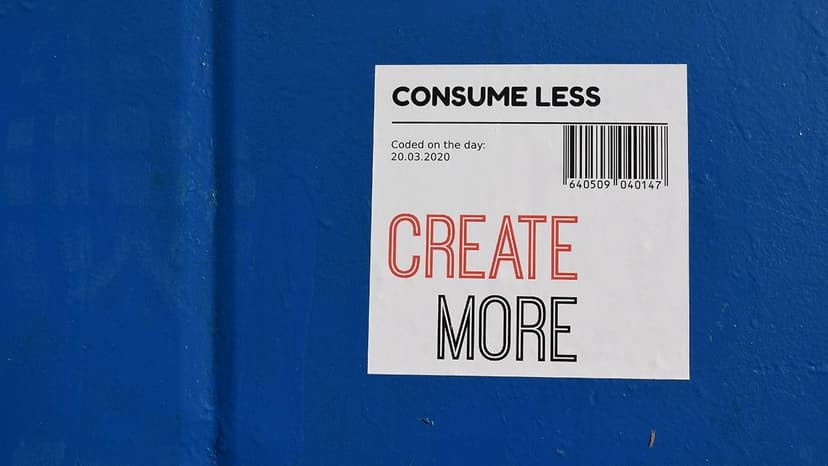10 Tips to Build Good Habits and Break Bad Ones
Building good habits and breaking bad ones takes time and dedication. While it can be challenging, the right strategies can make a significant difference. Here are ten practical tips to help you foster positive habits and eliminate the negative ones from your life.
1. Start Small
When trying to establish a good habit, begin with small, manageable goals. Rather than aiming to run five miles each day, start with a fifteen-minute walk. This makes it easier to sustain and gradually build your confidence. Similarly, if you want to quit junk food, begin by cutting out one unhealthy snack each day.
2. Use the Two-Minute Rule
To make new habits easier to adopt, use the two-minute rule. This technique suggests that any new habit should take less than two minutes to do. For instance, instead of planning a full workout routine, commit to putting on your workout clothes and stretching. Once you start, you might find it easier to continue and extend your time.
3. Make It Visible
Out of sight often means out of mind. To help reinforce a good habit, make it visible. If you want to drink more water, keep a water bottle on your desk or in your bag. If you're trying to read more, place books in prominent spots around your home. This visual cue will remind you of the actions you want to take.
4. Track Your Progress
Tracking your habits can provide motivation and build accountability. Use a habit tracker or a journal to record your progress. This visual representation can help you see how far you've come and motivate you to keep going. There are many apps available that can assist with tracking habits, making the process even easier.
5. Create a Supportive Environment
Your environment plays a significant role in shaping your habits. Evaluate your surroundings and modify them to suit your goals. If you're trying to eat healthier, keep healthy foods visible in your kitchen and store unhealthy snacks out of reach. Surrounding yourself with people who encourage your desired habits can also help you stay committed.
6. Replace Bad Habits with Good Ones
Instead of focusing solely on breaking a bad habit, find a good habit to replace it. For example, if you want to cut down on screen time, replace that time with reading or a new hobby. By trading a bad habit for a good one, you’re less likely to feel deprived and more likely to stick with the change.
7. Be Patient and Kind to Yourself
Building good habits and breaking bad ones is not an overnight task. Expect setbacks and remember that change takes time. If you find yourself slipping back into old habits, don’t be too hard on yourself. Acknowledge the slip, learn from it, and recommit to your goals.
8. Establish a Routine
Consistency is key when developing new habits. Establishing a daily routine can help you incorporate new habits into your life. Try to do your new habit at the same time and place each day. For example, if you want to meditate, make it part of your morning routine after brushing your teeth.
9. Use Positive Reinforcement
Rewarding yourself for sticking to new habits can be a great motivator. Set up a system of rewards to celebrate small victories. If you’ve gone a week sticking to your new exercise routine, treat yourself to a movie night or a special dessert. Positive reinforcement will help strengthen your commitment.
10. Be Mindful of Triggers
Identifying triggers that lead to bad habits is crucial. Spend some time reflecting on when and where you tend to engage in undesirable behaviors. Once you know your triggers, you can develop strategies to avoid them or respond differently. For instance, if stress leads you to snack mindlessly, find alternative ways to handle stress, such as practicing deep breathing or taking a walk.












